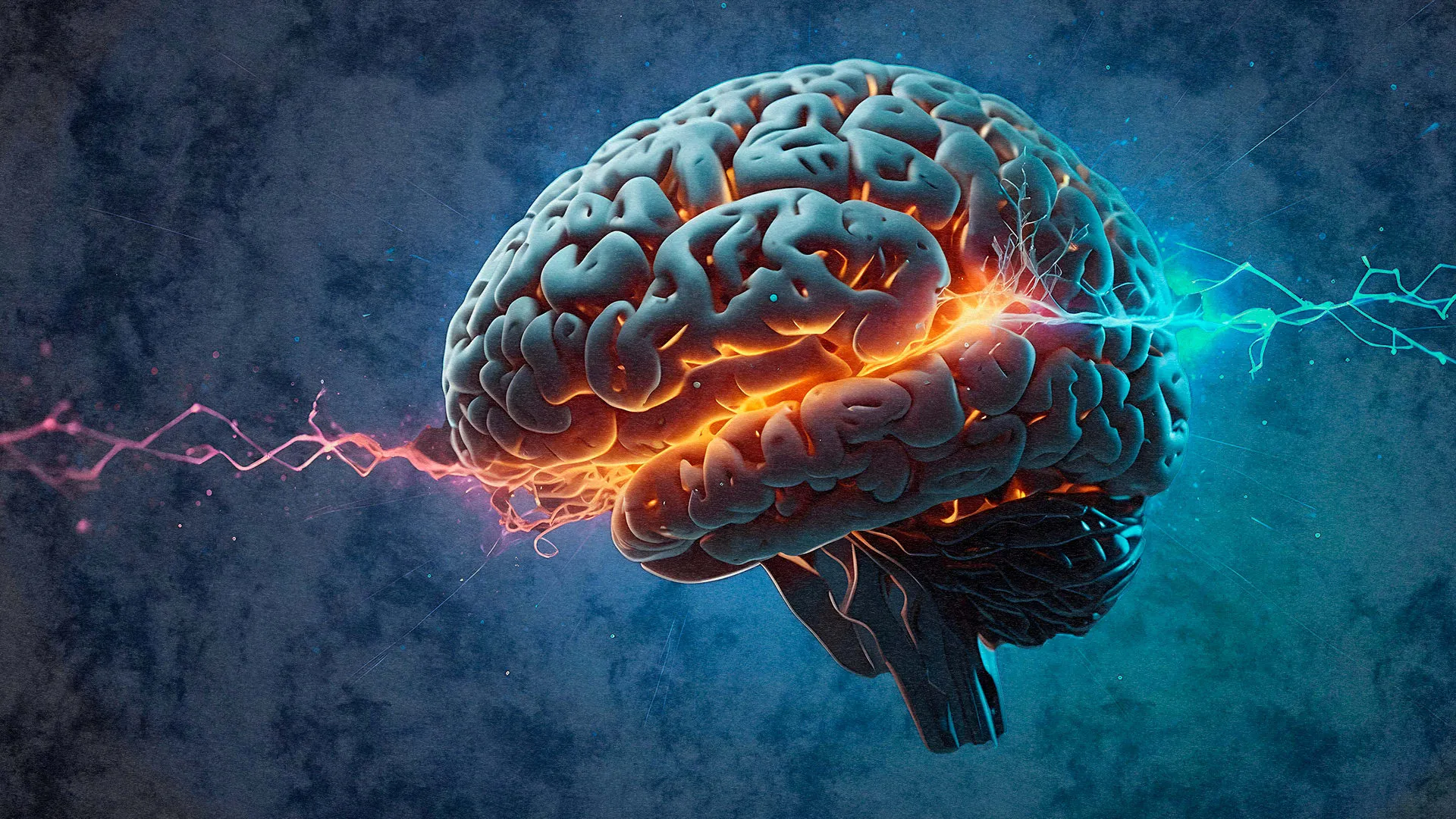Harnessing Artificial Intelligence in Brain-Computer Interfaces for ALS Patients

Transformative Power of Brain-Computer Interfaces
Brain-computer interfaces (BCIs) have emerged as a groundbreaking technology that assists paralyzed individuals, like those suffering from ALS (Lou Gehrig's disease), to regain lost functions such as communication. Recent advancements harness artificial intelligence (AI) and machine learning to decode brain activity associated with speech, enabling users to express thoughts effortlessly.
Decoding Neural Signals for Speech Production
The core function of these BCIs involves recording neural signals as the user attempts to speak. Using surgically implanted electrode arrays, researchers collect high-fidelity brain signals and connect them to the actions associated with speech. This decoding process translates thoughts into text with remarkable accuracy.
- Neural Signal Recording: High-quality recordings are obtained from the speech motor cortex.
- Phoneme Mapping: Brain signals are associated with phonemes, the sounds that make up speech.
- Machine Learning Integration: Advanced machine learning builds patterns from complex data, significantly improving accuracy in speech prediction.
AI Models Driving Communication Solutions
By leveraging both n-gram and large language models, researchers create a formidable approach to refine phoneme interpretations into coherent sentences. This multi-faceted strategy enhances communication possibilities for ALS patients by merging technology with human intention.
Realizing the Vision of Connectivity
Speech BCIs have demonstrated extraordinary success, allowing ALS patients like Casey Harrell to engage with family and friends through thought-based communication. As innovation continues, challenges in accessibility and durability persist, yet the potential of these technologies remains profound in restoring voices to those who have lost them.
This article was prepared using information from open sources in accordance with the principles of Ethical Policy. The editorial team is not responsible for absolute accuracy, as it relies on data from the sources referenced.